Direct Booking: Is it all it’s cracked up to be?
Reading Time: 3 minutes“The number of tourists continues to break records every year and many hotels are just taking the increased revenue for granted”, began Juan Daniel Núñez, editor of Smart Travel News when we spoke to him about the top trends in hotel management right now.
In fact, you’ll hear hoteliers say that OTA’s like Booking.com and Expedia have brought them such exposure across the globe, that they don’t need to do much more when it comes to getting online reservations. Either that or they simply feel too helpless against the OTA giants.
So why is Direct Booking on the lips of everyone involved in the Hotel Industry? Why are the larger chain hotels and smaller hotels alike jumping on the direct booking bandwagon? Why are industry experts and influencers adamant that this is not a fad – that our world is changing, and hoteliers need to get on board? Because, the Smart Travel News editor stated, “now is the time to look into getting better value from clients and more money from bookings”.
GuestCentric takes a closer look at what he means.
Obviously, OTA’s have always made money by taking a percentage from each booking – but their dominant position in the recent past has allowed their fees to skyrocket to as high as 30%, prompting the bigger brands to start fighting back with direct booking campaigns.
Our own numbers at GuestCentric also show that the actual quality of reservations on hotel websites is significantly higher than those made through OTAs. Throughout 2017 cancellations on Booking.com, for example, reached as high as 45%, while those made directly through hotel websites didn’t surpass 22%. ADR too is higher with direct booking – on average by 15% but in peak seasons in some cases hiking to 60%.
So clearly, part of the equation is that hoteliers simply make more money on direct reservations than they make on bookings via third parties and OTAs. Simply put, the greater the number of reservations made directly on your hotel’s site, the greater your revenue. It is effectively the fastest way to increase revenue from reservations, especially, several studies show, if your hotel is an independent midscale or small hotel – because those are the hotels paying the highest fees on sites like Expedia or Booking. The fact is, so many more rooms are booked at larger multinational hotel chains that they have negotiating power – not so for smaller scale chains and independents.
The other part of the equation, really underscored by the Smart Travel News Editor, refers to “long tail end” for hoteliers, meaning loyalty and the lifetime value that can be obtained from a single guest.
Loyalty, of course, is inextricably and increasingly linked to data, which hotels miss out on when guests don’t book directly.
More than ever, the hotel guest’s journey begins well before arriving at reception. If your guests book through an OTA you’ve lost access to any of the information they have provided – from search to booking. From how they got to your site in the first place to what they liked the most when they did. But when guests book directly through your website, you have the opportunity to get to know them. You’re able to make a connection before they even step foot in your hotel; to understand their preferences and needs and increasingly tailor your services to satisfy your guests to an almost individual level, as many have simply come to expect. You can provide them with experiences they will want to repeat, brag about to their friends, family, and businesses and share on social media. These are the loyal guests that bring with them a lifetime value for your hotel, beyond the one-time cheapest booking found on the internet.
Juan Daniel Núñez, one of the most influential journalists in the industry, thinks that Direct Booking is not only here to stay, but there is also plenty of room for growth.
“On Google, of course…I think it’ ll be even bigger in the future, but also on social media. Platforms like Facebook and Instagram remain cheap marketing channels where the bigger companies and OTA’s haven’t gone all in. I don’t know how long it will remain less expensive, but once the hotel’s get the basics down, they really have room to grow on these particular channels.”

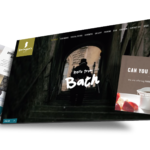
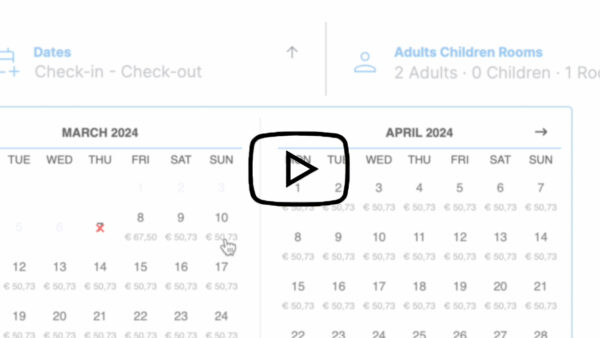

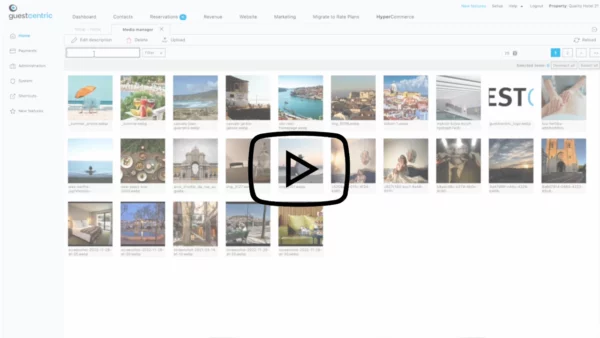
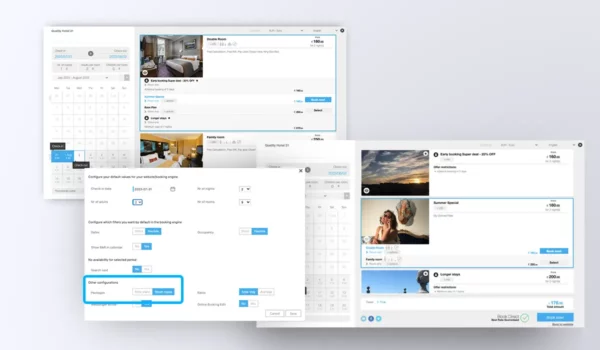
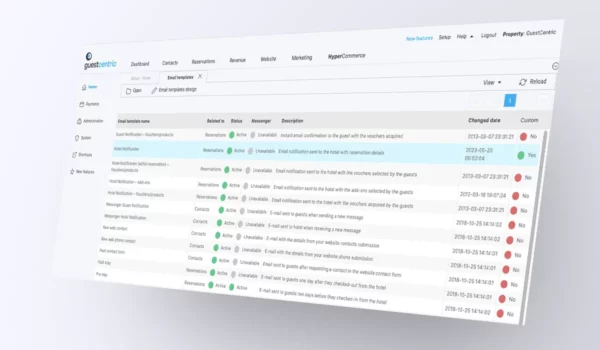

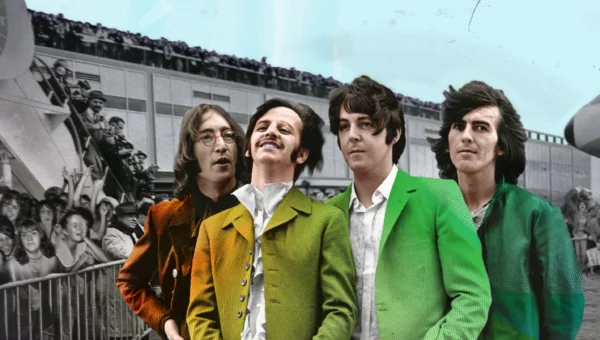

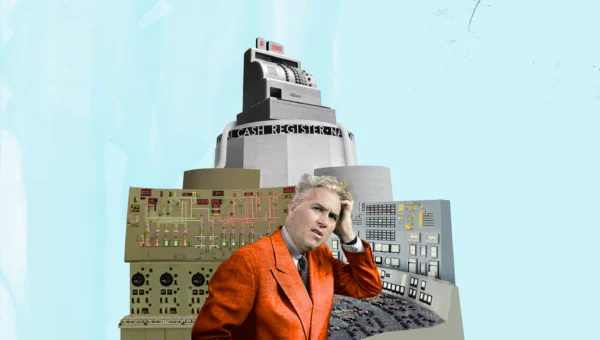
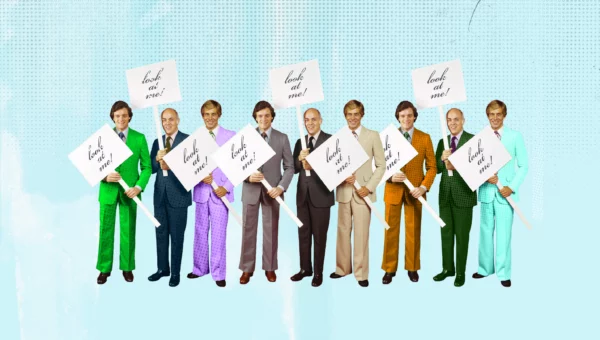
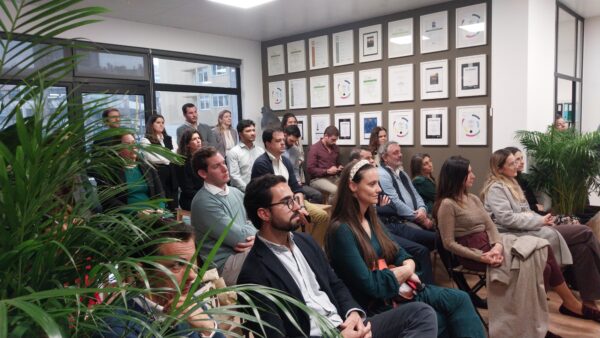
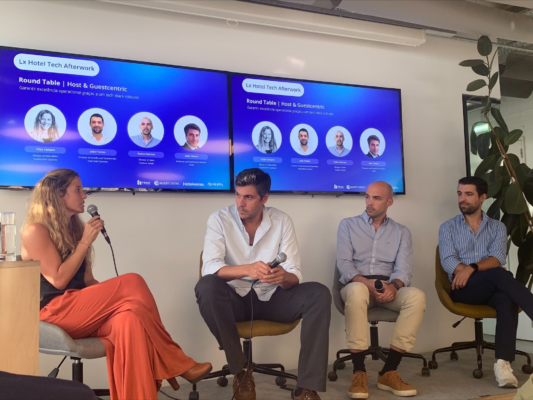


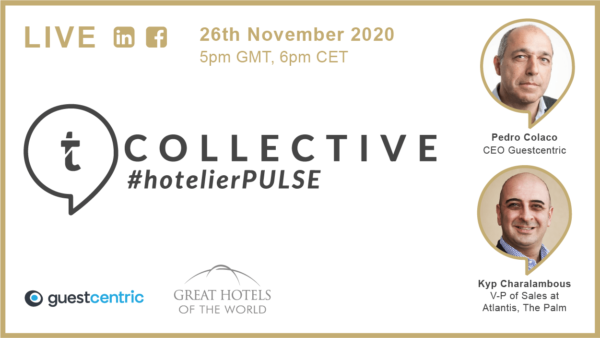
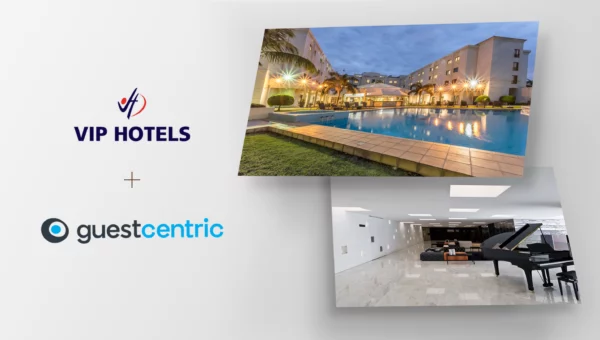
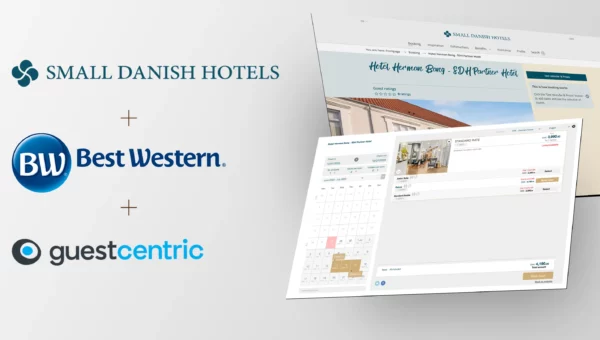

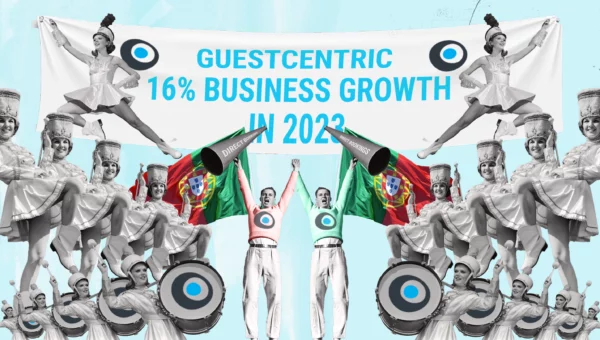
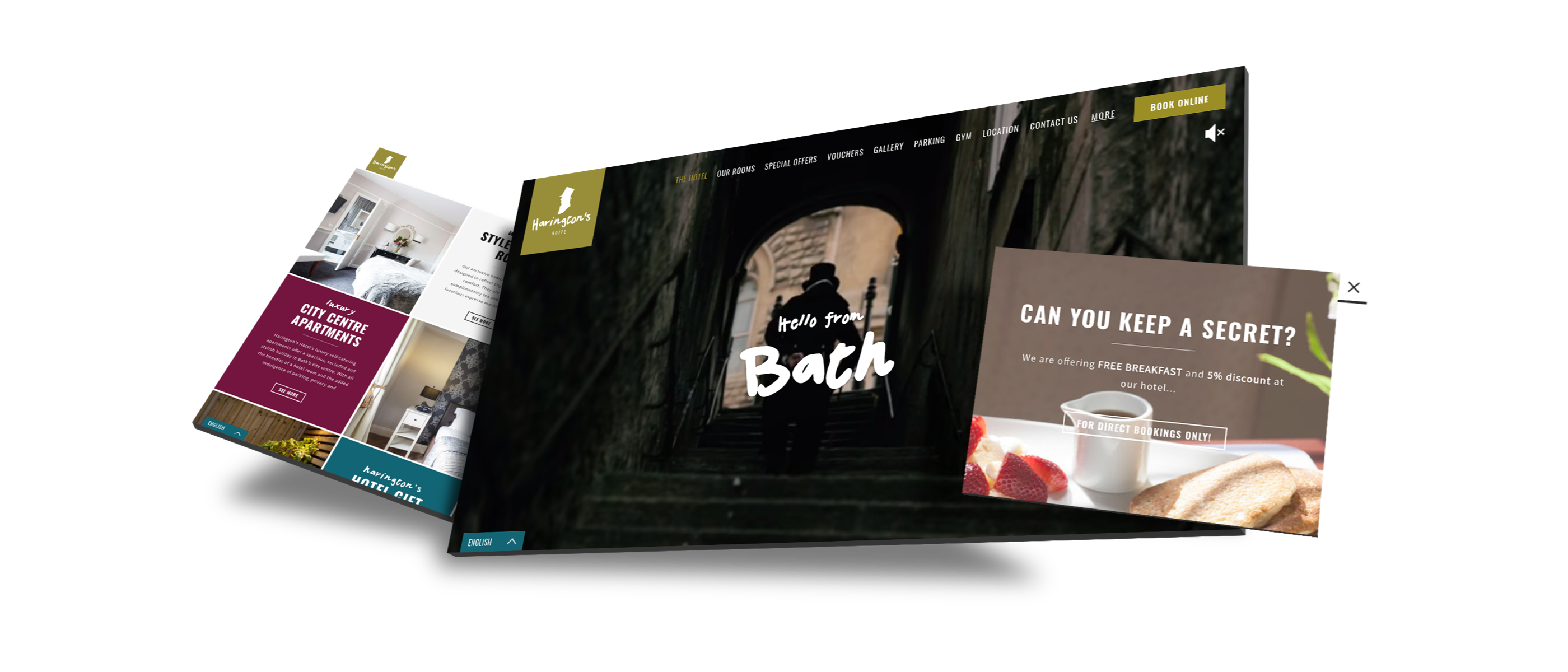
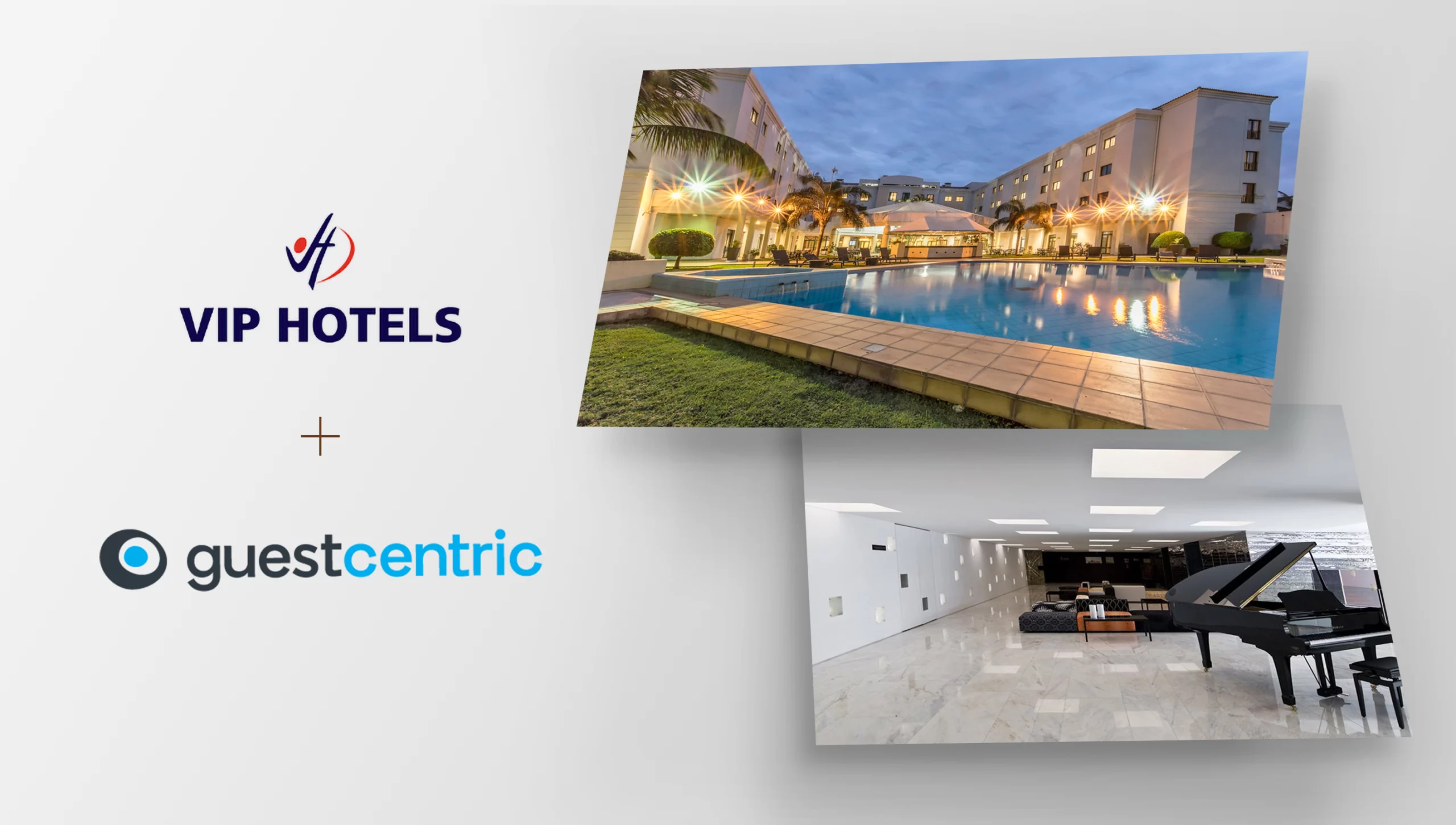
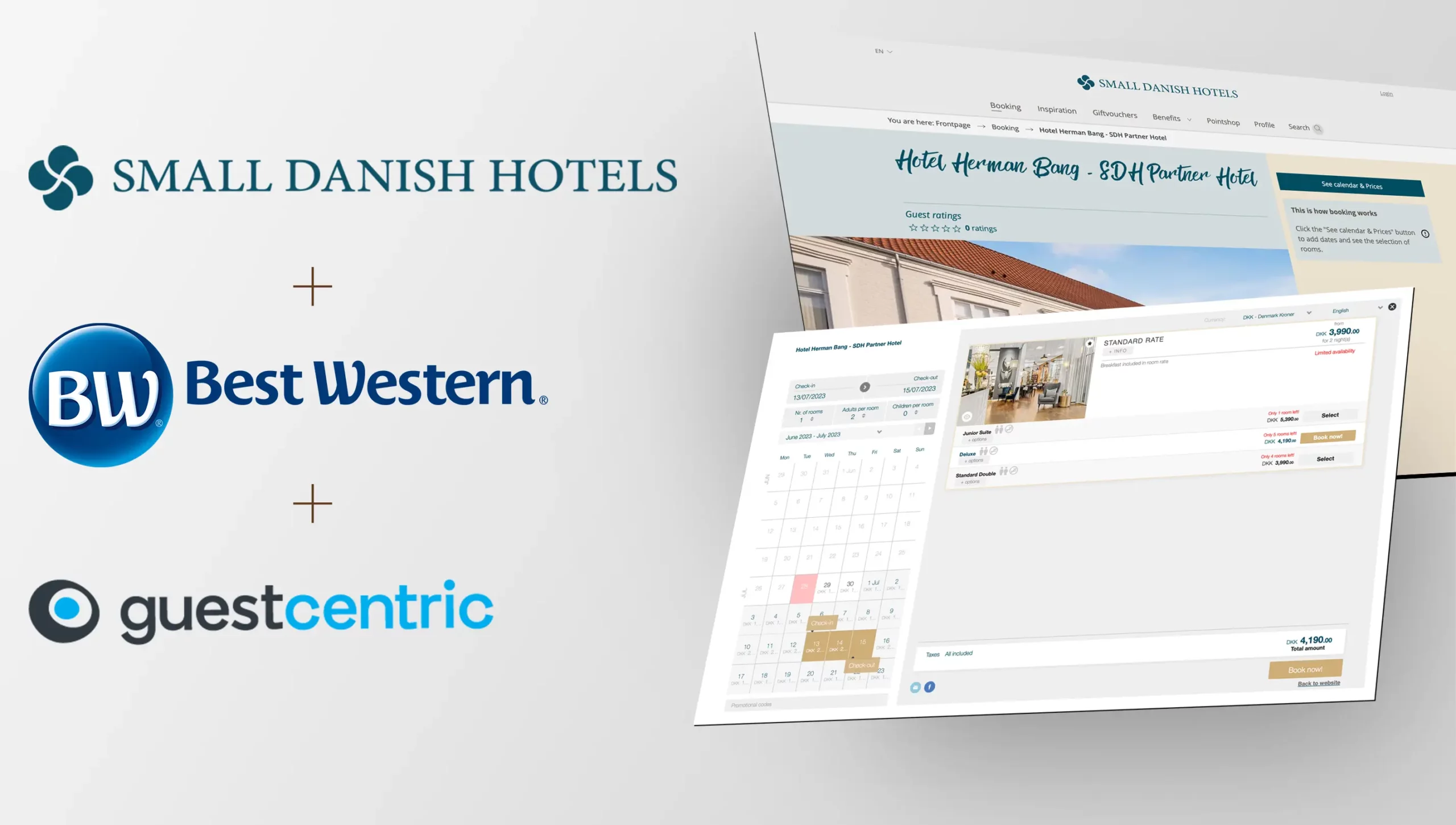
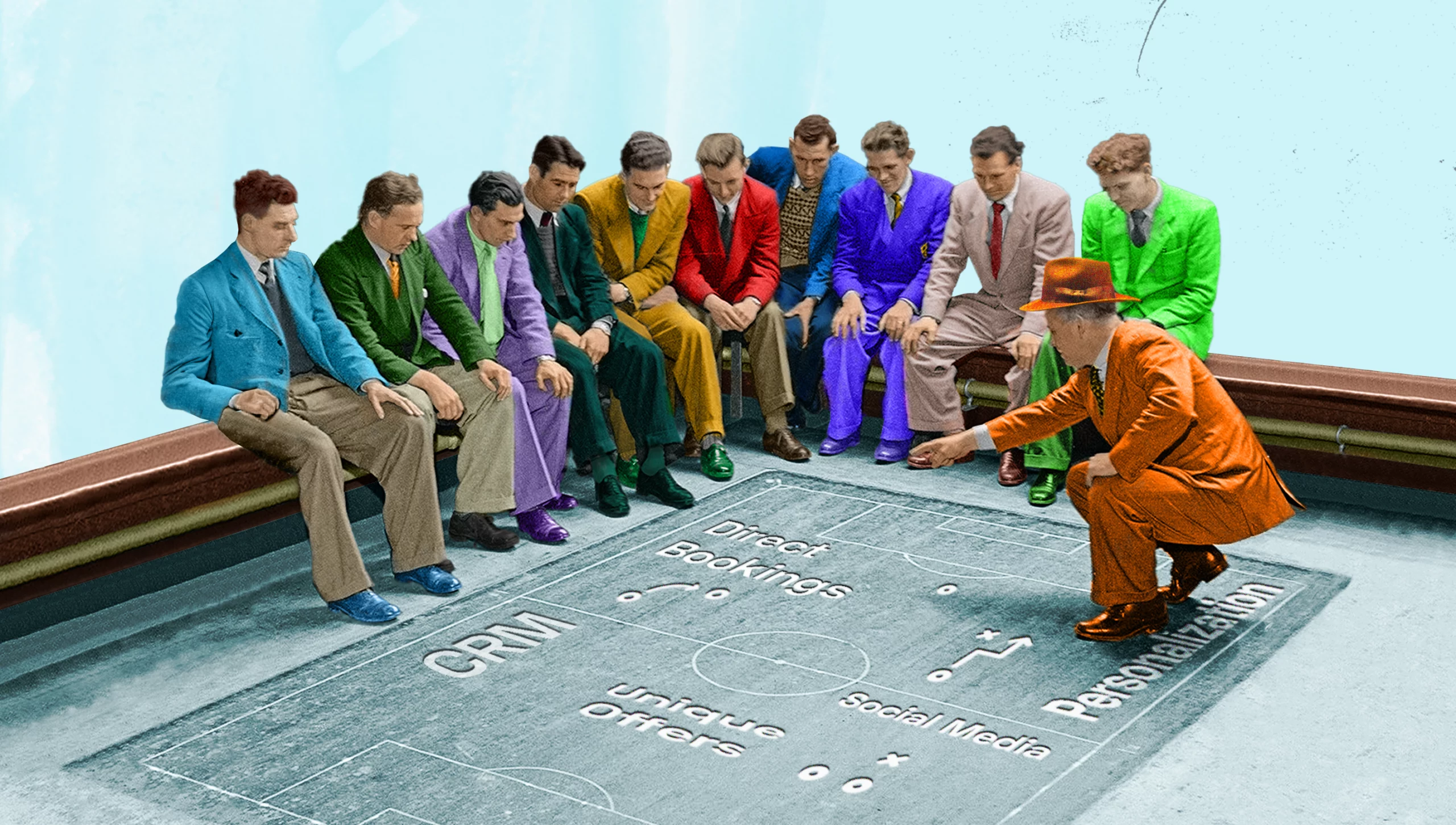
Stella Claire
Thanks for sharing valuable information.it such very helpful for me.Keep it up.